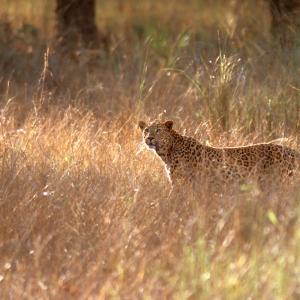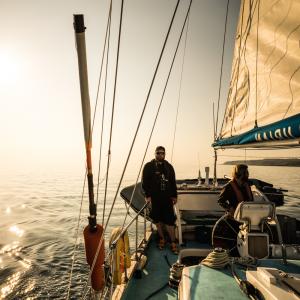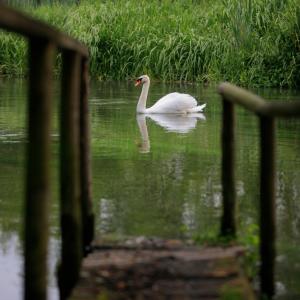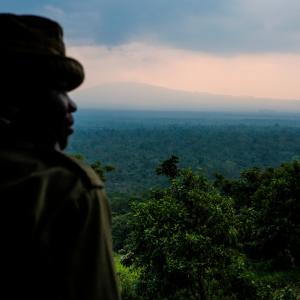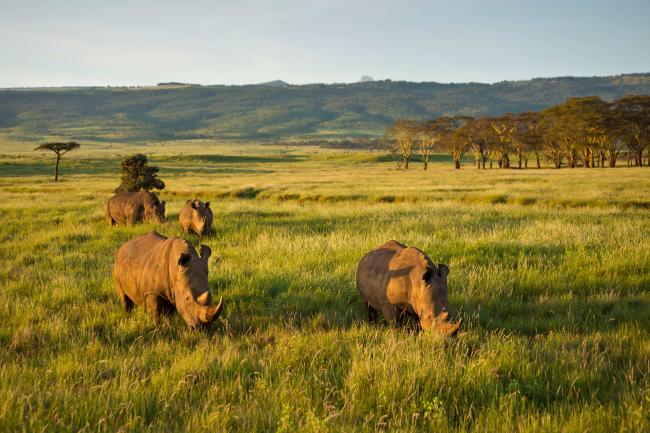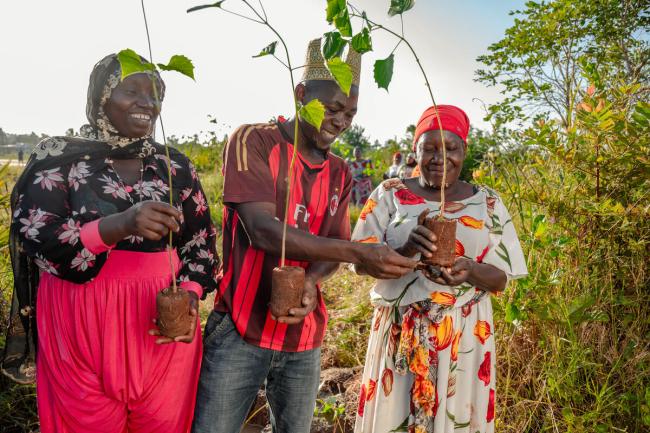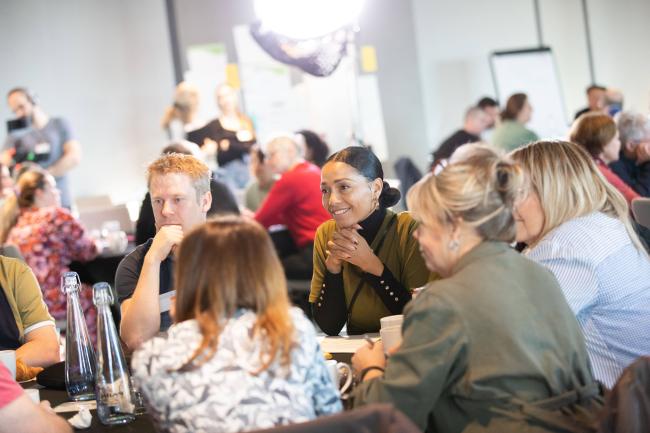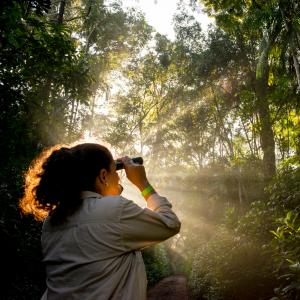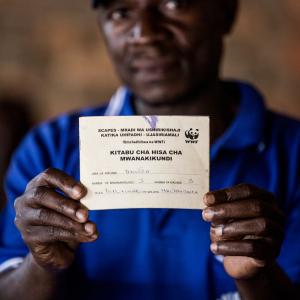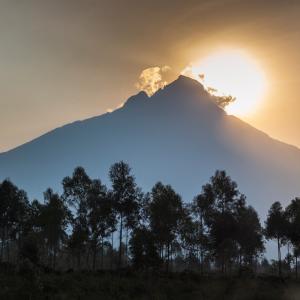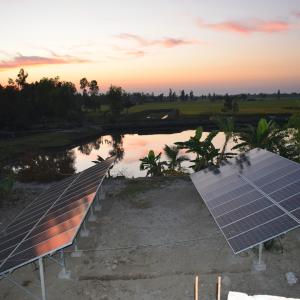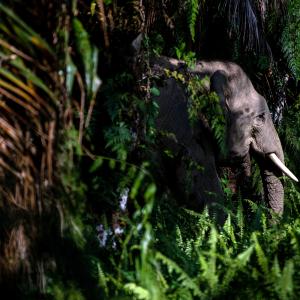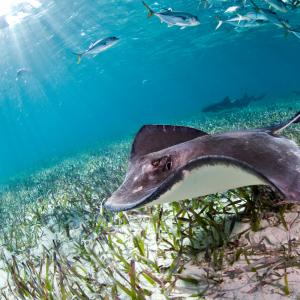
Why it’s important that we value nature
Why it’s important that we value nature
The natural world is an incredible wonder that inspires us all. It underpins our economy, our society, indeed our very existence. Our forests, rivers, oceans and soils provide us with the food we eat, the air we breathe, the water we irrigate our crops with. We also rely on them for numerous other goods and services we depend on for our health, happiness and prosperity.
These natural assets are often called the world's 'natural capital'. These benefits are also hugely important to the economy – from farming and forestry to leisure and tourism. If you add them all up, the total value of these benefits is phenomenal – at least US$125 trillion every year.
Because nature is free, we often take it for granted and overexploit it. We clear forests, overfish oceans, pollute rivers and build over wetlands without taking account of the impact this will have. By not taking into account the benefits we get from nature, we create huge social and economic costs for ourselves.
We need to look at the value of nature in economic and social terms to help us better understand the full implications of the choices we make. Instead of making decisions based on short-term financial interests, we can look at the longer-term benefits for people and the economy – and of course nature itself. Using this argument, we’re persuading governments and businesses to take better care of the natural world, so that it can continue to sustain us all into the future.
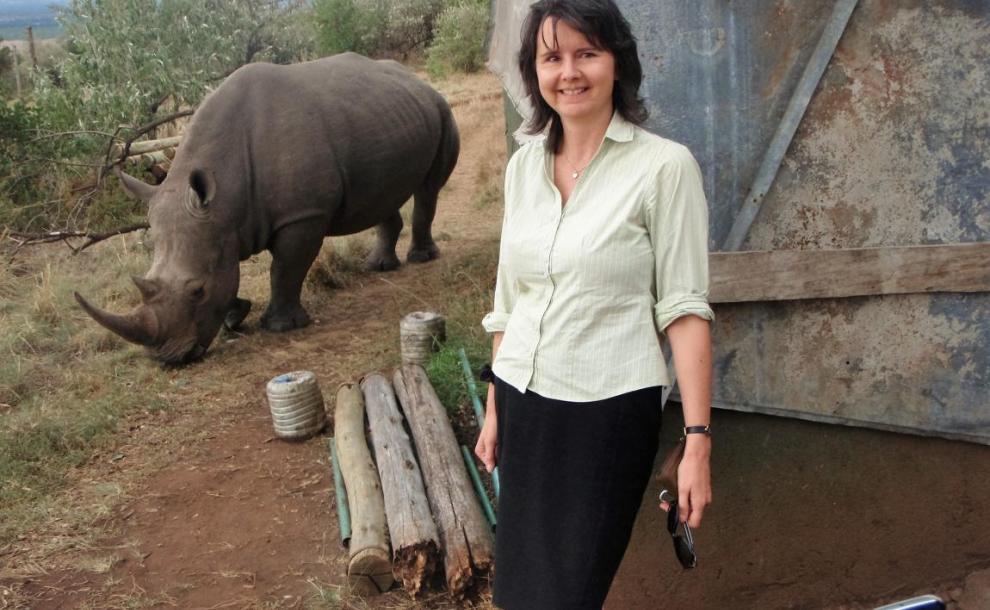
"If we start to understand the value of nature to our society and economy, we will recognise the importance of living in harmony with nature, rather than destroying it for short term gain. So many governments and businesses around the world are now realising this, and starting to act – it gives me real hope for the future."
Chief Advisor, Economics and Development WWF-UK

How we value nature
How we value nature
We’re working with government, business, financial institutions and other organisations to ensure that the value of nature is brought into the heart of decision making, both in the UK and around the world.
We use the value of natural capital to advocate for better conservation outcomes. For example, by showing that key areas of tiger habitat in Sumatra are important for storing carbon and retaining soil, we can help the government plan in ways that benefit people directly and improve protection of tiger habitat.
We work to ensure that businesses and financial institutions recognise the impact that they have on our planet, promote sustainable finance advocating for best practice across the board, sustainable sourcing, sustainable development and sustainable investing.

Our ‘Draw the Line’ Virunga campaign
In 2013 we launched a successful international drive to stop UK oil company Soco from exploring for oil in Virunga National Park in central Africa. As a result, Soco committed to end its oil operations in the park and other UNESCO World Heritage Sites. But for Virunga National Park to be safe in the long term we need the government in the Democratic Republic of the Congo to cancel all oil exploration permits (as requested by UNESCO), and to focus on sustainable development. We still need your help to secure a sustainable future for this special place and its communities and wildlife.

